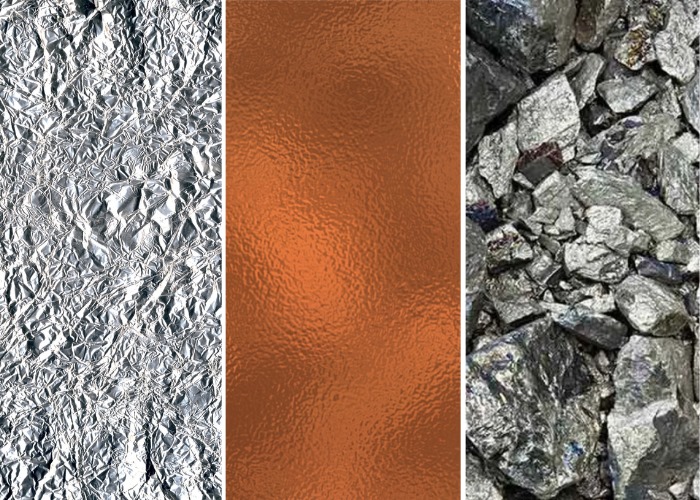The Green Deal is the true Achilles’ heel of the EUBY ANTONIO PICASSO
- 4 June 2024
- Posted by: Competere
- Category: Senza categoria

If the European Union truly cared about its Green Deal, at least one representative from the European Commission should have accompanied President Macron on his mission to New Caledonia.
It’s not just human rights and the nostalgia for the old colonial empire that convinced the head of the Élysée to make a 17,000-kilometer journey to quell the ongoing clashes in the archipelago. The overseas territory is the world’s fifth-largest producer of nickel, a strategic raw material for those aiming at technological neutrality. That’s why Brussels should be as sensitive to the crisis there as to the broader issue of raw materials.
COMMODITY BOOM: THE SURGE IN PRICES
Speculations on commodities, in fact, have swelled again. On the London Stock Exchange, copper reached $10,700/ton. Analysts from Bank of America and BlackRock are certain it will soon surpass the historical record of March 2022, of $10,845, and soar to $12,000 within a couple of years. More modest increases for zinc, aluminum, and lead, which have nonetheless grown at an average rate of +2.8% over the past three months. Then there’s nickel, which the electric vehicle industry craves. Indonesia, the world’s largest producer, is heavily influencing market prices.
What is happening, however, is not speculation for its own sake. Sure, markets are inflating quotes. But that’s their job. And it’s equally well-known that, with the pandemic and the Russo-Ukrainian war, today’s supply chains are unsustainable.
RACE FOR CRITICAL METALS: THE GREEN DEAL CHALLENGE
The biggest problem, however, is the Green Deal. The ecological transition requires quick and abundant access to raw materials. Copper, zinc, aluminum, lead, nickel, and other metals have become as valuable as gold and silver, not for aesthetic reasons. It’s their industrial use—in automotive, wind turbine production, and photovoltaic plants—that has labeled them “critical raw materials”. The switch from a combustion engine to an electric one is not zero-sum. The shift away from non-renewable sources demands an effort in alternative technologies and therefore the use of materials previously used, but never in such quantities. China and the United States have noticed this. Hence, they have implemented protectionist policies and identified new domestic resources to exploit. Europe has done much less, where reserves are limited. There are some deposits between Italy and Portugal, but not enough to meet growing demand. Moreover, it’s best not to imagine what would happen if a government decided to approve a concession for extraction in the heart of a natural park, or a slow food preserve.
WHAT IS THE EU MISSING?
Equally complex is the issue of recovering secondary raw materials. Recycling already used aluminum or copper is a good idea, but it’s costly and time-consuming. However, Brussels’ great shortcoming lies in not having found the right friends. It’s called friendshoring, the practice of creating a system of political alliances that supports supply chains. For instance: I, European manufacturer, trust you, Indonesia, because we are political allies and commercial partners. And so, in exchange for my technological know-how, you provide me with nickel for my automotive industry at favorable prices. No, this plan has not been made, nor even considered.
.
Article published in Italian on Il Riformista>>>
